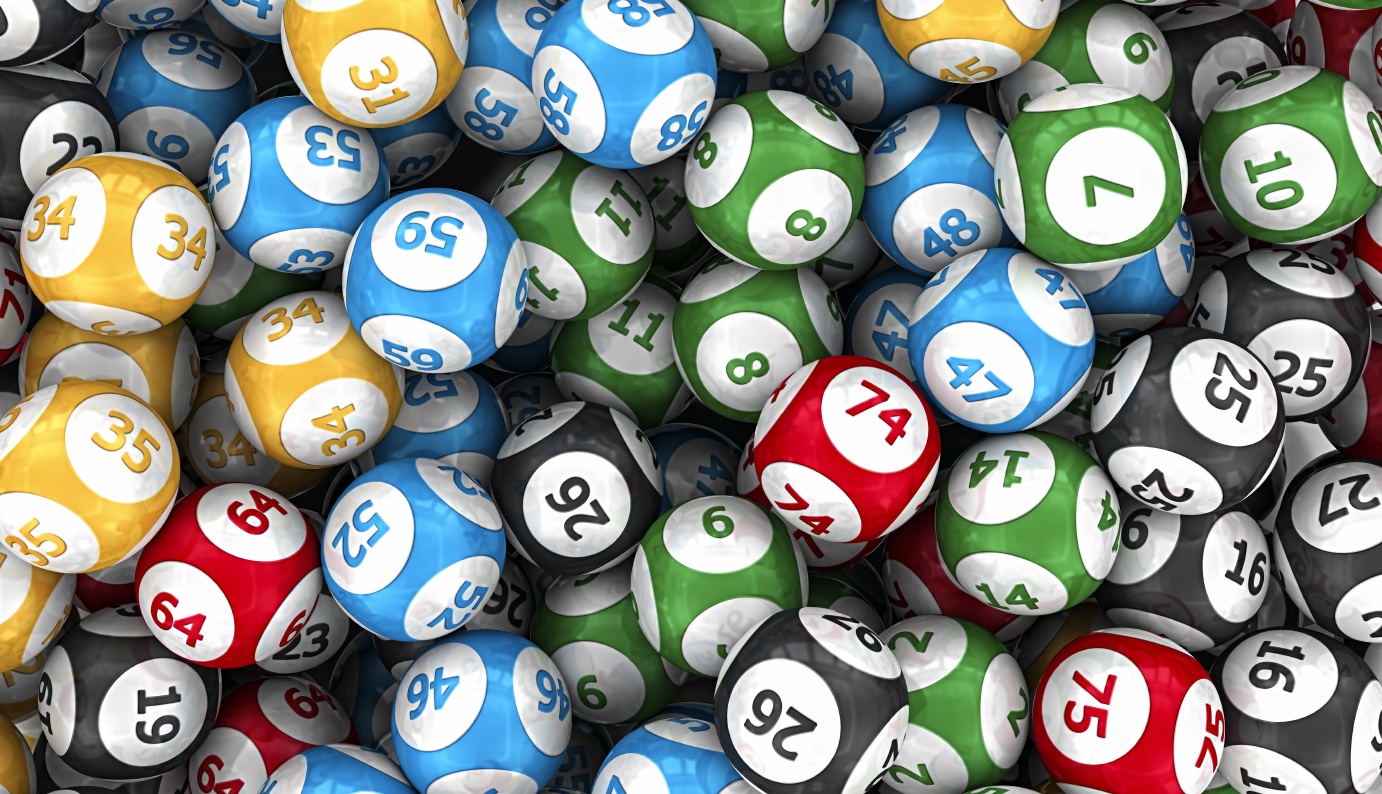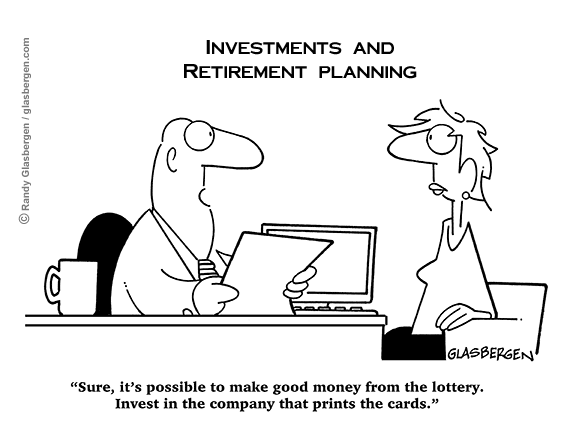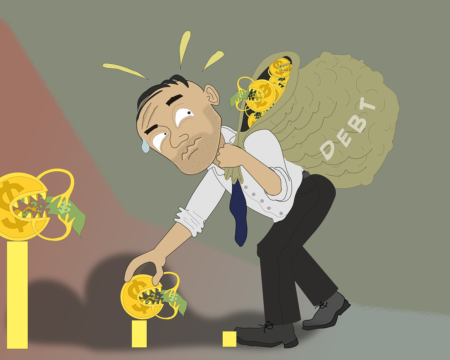

Powerball

I lost my dad in January 1999 shortly after we started ASI. Luckily for me, being a work-from-home entrepreneur with no clients gave me lots of time to spend with him in his final months. All these years later, I have so many vivid memories of the lessons he taught me. The memories that stand out the most are usually the ones about how to be sensible with money.
I still remember my father’s distaste of the introduction of lotteries and the proliferation of credit cards in the 1970s. My father was convinced that these economic instruments would be to the disadvantage of the uneducated or the undisciplined. I think he would be horrified to see the ‘what does it cost a month’ world in which my kids are growing up.
So, that leads us to Powerball. I am not sure how much the US media highlights make it across Canada, but here in Windsor there are many residents that think we live in a suburb of Detroit. As a result, it was pretty hard to escape all of the drama last week as Powerball took on front-page, lead-story, status in the US.
Powerball is the brainchild of the Multi-State Lottery Association (MUSL). Formed in 1987 by six states, MUSL is a non-profit, government benefit association, owned and operated by its member lotteries. On April 22, 1992 the first Powerball drawing was held and today 44 states offer the ‘game’ as well as Washington DC, Puerto Rico, and the U.S. Virgin Islands. In case you want the list, you can’t get Powerball tickets in Alaska, Alabama, Hawaii, Mississippi, Nevada, and Utah. That’s right – Nevada!
Powerball is a simple game, 69 white balls numbered 1 to 69 all rolling around in a drum, 26 red balls numbered – you guessed it – 1 to 26 all rolling around in a second drum. Five white balls and one red ball are drawn and declared the ‘winning numbers’. The other side of the game comes before the draw when you go to a ticket sales outlet and you purchase one or more tickets with 5 numbers for the white balls and one number for the red ball to be drawn. If you don’t have a set of favourite numbers, a hunch, or a hot tip, you can just let the computer choose your numbers randomly. Magically, if the numbers on your ticket match the numbers drawn you are the winner – pretty simple really. I consider it only a minor detail that when you do the math that the chances of winning the jackpot are about 1 in 292 million. My professor, Rob Brown at Waterloo, was the first one to say to me that “your odds of winning are the same whether or not you buy a ticket”. It may not be his quote – but it still made me laugh.
So here is where it get’s interesting – if no one has a winning ticket, the jackpot rolls over to the next draw. On January 13, 2016, things got pretty interesting. The last draw before that date to see a jackpot winner was November 5, 2015 when the prize awarded was $144.1 million (it is a minor detail that you don’t get all the money at once and you have to pay taxes – let’s ignore that when talking about the numbers). By the time they held the draw on January 13th, the jackpot was $1.585 billion – that’s right, $1,586 million dollars. Americans lined up out the door to get a ticket for the draw and Canadians in my neighborhood were driving to Detroit to buy a ticket or asking a friend living here in Canada but working in the US to pick them up a ticket on the way home from work.
Right now there are three winning tickets reported for the January 13th jackpot, so those unlucky folks are going to have to share the prize three ways. A couple claiming to have one of those tickets , John and Lisa Robinson from Tennessee, went on the NBC Today show to introduce themselves to the world and said that they planned to go to work on Monday. Now, I am no genius, but I am thinking that telling everyone who you are and where you live when you just made a cool $500 million might not be the best strategy. More importantly, as my friend Kevin says, if someone says they are going to go back to work after winning that much money – they should have to forfeit the prize and have it awarded to someone who has a more sensible plan – even if that plan is blowing the money in 18 months.
So why do we play a game that my father would assure you guarantees a negative rate of return over the long-run? Frankly, for some it is an addiction, for some a perceived short cut to riches without the hard work, and for some of us, just pure entertainment.
I am now going to confess that I am in this third category. I have trouble going to casinos even though I have a pretty good one just down the street. I know about the expected negative return before I even start the car. So driving there I already know I ‘expect’ to lose (it is a little funny that with horse racing it took me repeated visits for this lesson to really sink in). But with the lottery, something strange happens to me. Every three or four months I will be at Mac’s buying a Froster – the cool treat not only loved by tweens and teens – but grown ups too! At the checkout, for your convenience, Mac’s always has an electronic billboard telling you just how big the 64/9 or Lotto Max prizes have grown. When that number is more than $10 million, I find myself throwing $2 or $10 dollars at a chance at a dream.
Does this adventure make any sense? Probably not. But if I am going to win the lottery I want to win big and change my life completely, a new house in a new location, new things to do every day (Jason and Dean will be fine without me). Don’t get me wrong, I really like my job and I am happy to stay here for 10 or 20 more years. But for some reason, there is an attraction to the big win. Hopefully sharing this dark secret won’t shake your confidence in my ability to be a good actuary.



Comments
2